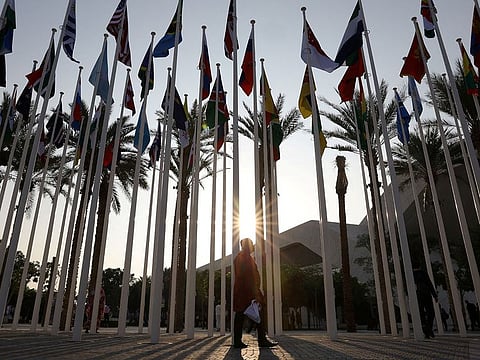India’s economic clout should be factored into any UN Security Council expansion
Shifts in global trade and economic dynamics require a rethink by UN

One of India’s most significant contributions to maintaining peace and security came during the brutal civil war in Sierra Leone in the late 1990s.
In 2000, when rebel forces threatened to overthrow the government, India’s peacekeeping forces led a crucial rescue operation, securing the release of hundreds of UN personnel who had been taken hostage. This daring mission not only showcased India’s military capability but also its commitment to upholding global peace and security.
Beyond its peacekeeping track-record in the world’s trouble spots, India has made significant strides in technological and economic development, positioning itself as a key player in global trade and cybersecurity. These efforts should underscore why India deserves a permanent seat at the UN Security Council (UNSC), not just as a matter of prestige, but as a necessity for more inclusive and effective global governance.
India's bid for permanent membership in the Security Council has garnered substantial support from key global players, particularly the UAE. A couple of years ago, UAE minister Noura Bint Mohammed Al Kaabi, while speaking at a UN open debate on maintenance of international peace and security made it clear that India’s ‘voice at this chamber is necessary’.
Such endorsements reflect India's strategic importance and growing diplomatic clout. For many nations, India's inclusion would be critical to addressing contemporary security challenges, including energy security. These are issues that impact not just the Middle East, but the entire world.
India's deepening ties with the Middle East makes it a natural partner in navigating these complexities. India can bring a fresh perspective to the UNSC, enhancing its ability to respond to the rapidly evolving global security landscape.
The current structure of the UN Security Council with its five permanent members was a reflection of the geopolitical realities of the post-World War II era. What needs to be recognised is that the global power dynamic has shifted considerably. The rise of new economic powers and the increasing importance of the Global South are clear indicators that the UN needs to be reformed to better reflect contemporary global realities.
Sign up for the Daily Briefing
Get the latest news and updates straight to your inbox




